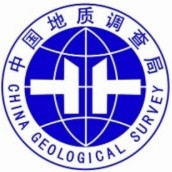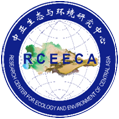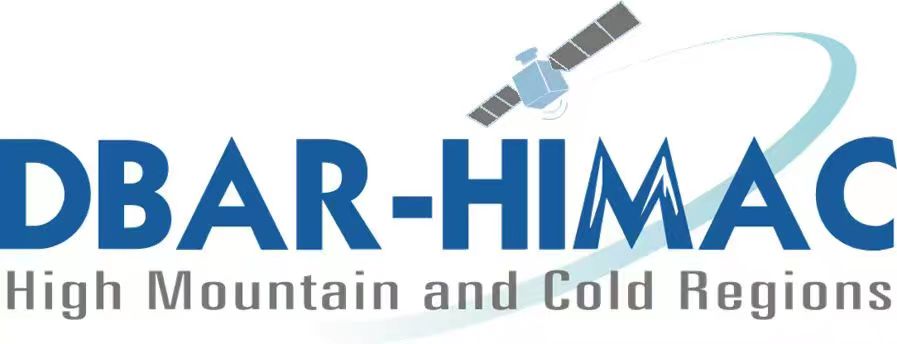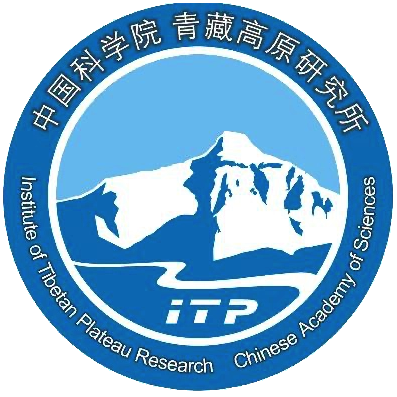The Challenge
Under a global warming scenario, the high elevation and high latitude cold regions, dominated by the cryosphere elements, are inherently fragile to the environment, where changes in the phase of water and the induced result to the environment affect billions of human lives there and the downstream area.
The Solution
Cryosphere Data Stream Services in Cold Regions through the Derived and Integrated Earth Observation Products - to facilitate the provision and standardization of satellite information products in the cryosphere-dominated cold regions to meet the needs of societies, including high elevation and high latitude cold regions.
Latest Developments
[DSWS-2023] International Symposium on Data Science 2023, GEO variables and data mapping for Cold Regions
The topics could be essential variables, GEO data system, and data application, and pilot services using the data stream, and cases studies over cold regions by GEO.
Our Impact
The GEO Cold Regions Initiative (GEO CRI) has a strong legacy of understanding cold regions' environment through space observations, which is both relevant to GEO itself and accepted by users (requirement evidence on the sentinel satellite, see more about the document section of gerocri.org).
- The Initiative will be providing high-quality information services based on high spatial and temporal resolution products to stakeholders, relying on the fast development of the space-based data, not only for the science-driven requirement forcing data but also for societal and economic applications.
- The Initiative is made up of very diverse groups with experience and background covering cold regions around the globe, data providers, users, and stakeholders, its data and information stream can provide the unique standard for the global pilot service example.
- The Initiative has been endorsed by YOPP in 2015, and is in the process of gaining endorsements by the ISC bodies of science and GEO participant bodies, private companies of COSCO, international science programs, like the Digital Belt and Road program (DBAR), Third Pole Environment program (TPE), international research organizations, e.g., International Research Center of Big Data for Sustainable Development Goals (CBAS), and NGOs, e.g., International Polar Protection Association (IPPA).
- The Initiative is about the cryosphere-dominated cold regions world wildly, with a different focus than mountain areas and the Arctic regions with observational networks, creating and maintaining information services based on the synergy of in-situ and space-borne data, rather than the primary data collected by operational satellites. The complementary function will be developed with the GEO program, Arctic GEOSS, GEONOME, and other international bodies.
Policy Drivers
Providing the assessment report on the climate actions for the SDGs (SDG13.1 and 13.3); Providing the snow, GLOF, ice mapping, and chart, etc., for the water availability, downstream ecosystem impact analysis, emerging risk management, even on a daily basis, and transportation on land and Northern Sea Route, such as water availability, and its analysis, shipping advisory, and disaster risk assessment; Providing the released as standard data products for at an open science basis, that others communities or stakeholder can be accessed and referenced. Capacity building to the stakeholders jointly with the users’ communities.
Our Donors
Our Partners
Participating Organizations
Non-affiliated


















